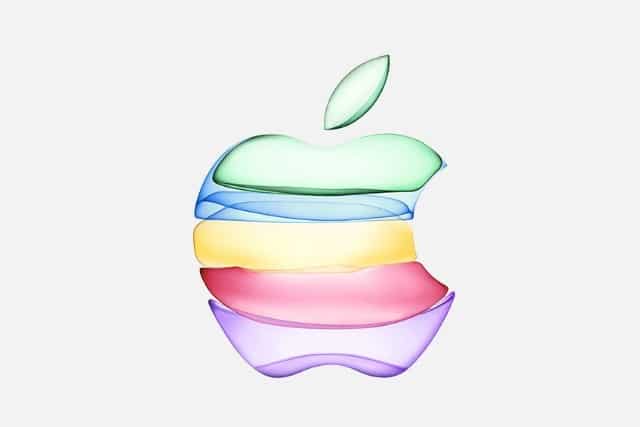
Watch Apple's iPhone 11 launch on YouTube
Apple is due to launch the iPhone 11 on Tuesday -- along with, it is rumoured, "one more thing" -- and the company has gradually started to expand the availability of the live stream of the event.
Originally only available to view on iOS and macOS, Apple opened up live streams of its launches to Edge, Chrome and Firefox users over the years. This time around, you can tune in live on YouTube -- regardless of what device you're using -- and find out everything there is to know about the new devices.

NETGEAR Orbi Wi-Fi 6 Mesh System AX6000 (RBK852) is both impressive and expensive
The two biggest technologies for wireless home networking right now are mesh and Wi-Fi 6 (also known as 802.11ax). Mesh has been around for a while now, but Wi-Fi 6 is still relatively new -- there simply aren't many 802.11ax clients out there. Over the next year or so, however, you will start to see the new wireless standard show up in more and more consumer devices, such as laptops, tablets, smartphones, and more. Yes, Wi-Fi 6 is the future.
Sadly, Wi-Fi 6 routers are still quite costly, making them unachievable for many consumers. Today, NETGEAR unveils a new 802.11ax product that doesn't buck that trend at all. In fact, the new Orbi Wi-Fi 6 Mesh System (model: RBK852) amplifies pricing even more. How much will it cost to have both Wi-Fi 6 and mesh from NETGEAR? This attractive two-access-point system will run you $700!
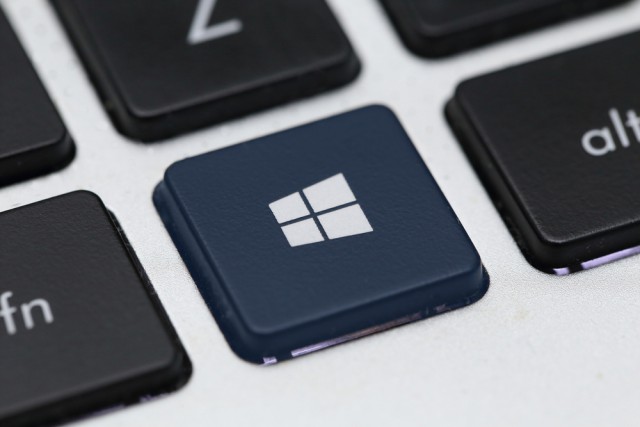
Microsoft releases Windows 10 20H1 Build 18975 with Cortana and Windows Subsystem for Linux (WSL) improvements
Work continues apace on the next major Windows 10 update due out next spring. Recent preview releases have all introduced big improvements, and today's new flight, Build 18975, is no different.
This release for Fast ring Insiders introduces the ability to move the Cortana window to anywhere on screen, and also makes improvements to Windows Subsystem for Linux (WSL).

Keep your Raspberry Pi 4 cool with this brand new case with built-in fan
The Raspberry Pi Foundation announced a new version of its uncased credit card sized computer two months ago, claiming it to be powerful enough to be used as a complete desktop system.
While the Raspberry Pi 4 is easily the most capable iteration to date, the truth is you can’t really use it in place of a PC. I have the 4GB model, and it struggles massively whenever I try to do anything even slightly taxing. It also gets very hot.

Metro by T-Mobile: Caveat Emptor!
Those who follow my musings here on BetaNews know that I travel a lot internationally. Whether it’s bouncing around Asia, cooling my heels in Europe, or soaking up rays on my adopted home of Mauritius, I rarely go more than a month or so without a major trip somewhere. And now that my children are both attending university in the U.S., I’m shuttling back and forth to the States more than ever. Which makes the news that the city of New York is suing T-Mobile over shady business practices at its pre-paid wireless "Metro by T-Mobile" stores all the more jarring.
You see, I’m a longtime Metro customer. When I left the U.S. for good in 2006, I said goodbye to my traditional, post-paid cellular plan and waded into the murky waters of pre-paid phone providers. At first, I used a mixture of el-cheapo "feature phones" whenever I was back in the States. Tracfone, et al, no doubt appreciated my patronage during those pre-smartphone years when all I cared about was being able to make a voice call when I needed to.

Apple Music finally comes to Linux
Apple Music is the best streaming music service. Yes, it is better than Spotify. Apple's offering has a superior interface and better new music discovery. Hell, I recently discovered the best album of the year on Apple Music -- Blowing on a Marshmallow in Perpetuity by 0 Stars. Seriously, check it out, y'all.
Unfortunately, Apple Music doesn't work on traditional Linux distributions like Ubuntu or Fedora. It does, however, work on Windows, macOS, iOS, and Android. Chromebook users can take advantage of the Apple Music Android app from the Play Store. Traditional Linux users, however, are sadly left out of the party.

How tablets have been embraced by business
Until the first iPad launched in 2010 nobody knew they wanted a tablet. In the last few years though tablets have become one of the most popular pieces of kit.
Not only are tablets popular at home, allowing you to slouch on the sofa and update Facebook while you watch TV, they're increasingly being used in the business world too. Mobile device management company Scalefusion has produces an infographic looking at how and why business users have embraced the tablet.

Samsung angers customers by canceling US Galaxy Fold pre-orders
Just when it seems that the Galaxy Fold launch could not be any more chaotic or infuriating, Samsung just managed to annoy would-be buyers even further.
For reasons that have not really been explained, the company has chosen -- at the very last minute -- to cancel pre-orders placed in the US. To soften the blow, Samsung is offering $250 of credit to those affected by the cancelations, but the news may well lead customers to question whether the Fold is really worth all the hassle.
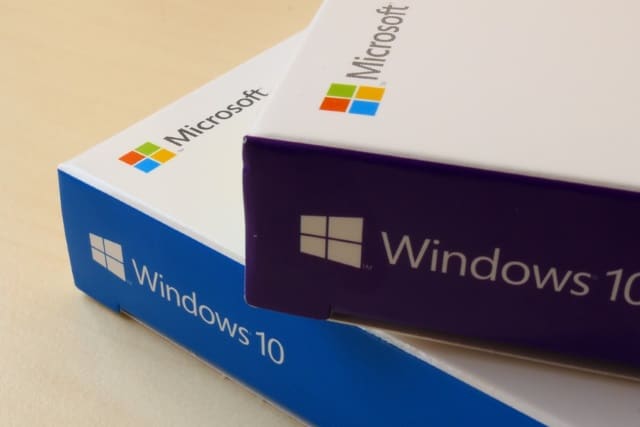
Microsoft is working to address high CPU usage and search problems with KB4512941 update
A week after its release, Microsoft says it is working to fix a problem with the KB4512941 update for Windows 10. Users have complained of a spike in CPU usage by SearchUI.exe and said that search results are blank.
The company had been slow to recognize that there was a problem, but it did eventually acknowledge the issue on Twitter. Now Microsoft has provided more details about its work on a fix which is due for release later this month.
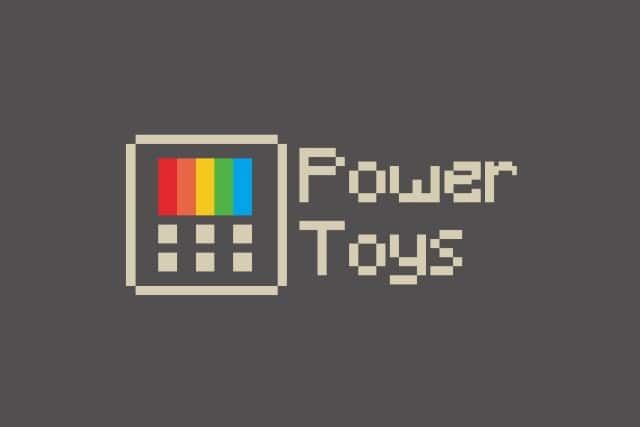
Microsoft releases the first PowerToys utilities for Windows 10 -- FancyZones and Shortcut Guide
It has been a little while since news broke that Microsoft was bringing back PowerToys for Windows 10 but four months down the line the company has kept its word.
Microsoft has just released the first preview of PowerToys, and you can download two new utilities right now. Kicking things off are FancyZones, a window manager which greatly enhances window snapping for improved productivity, and Shortcut Guide, which uses a screen overlay to reveal the keyboard shortcuts you can use at any given time. Sadly, however, there is no TweakUI for Windows 10.

Dynabook Tecra X50-F is a premium 15.6-inch Windows 10 laptop with Thunderbolt 3, Wi-Fi 6, and Bluetooth 5
Toshiba laptops are wonderful. Well, they used to be at least. You see, Toshiba essentially sold its US laptop business to Sharp, who then renamed it to Dynabook. So, technically, Toshiba laptops no longer exist, but they live on under the Dynabook branding.
Dynabook is marching forward with new laptops, and today, it announces an absolute stunner. Called "Tecra X50-F," the business-class Windows 10 Pro notebook features a 15.6-inch screen in an incredibly thin and light package -- 17.6mm thickness and weighing just 3.13 pounds. The chassis is made of durable magnesium, and it is MIL-STD-810G rated. X50 has very modern features too, such as two Thunderbolt 3 ports and Wi-Fi 6 (also known as 802.11ax). My favorite aspect, however, is the convenient privacy cover for the webcam! Sometimes it's the little things, folks...

IT security professionals don't trust politicians to produce effective regulations
Trust in politicians is at something of a low at the moment and at the same time we regularly see them calling for cyber measures, like backdoors to encryption, without seemingly understanding the implications.
The results of a new survey therefore shouldn't come as too much of a surprise.
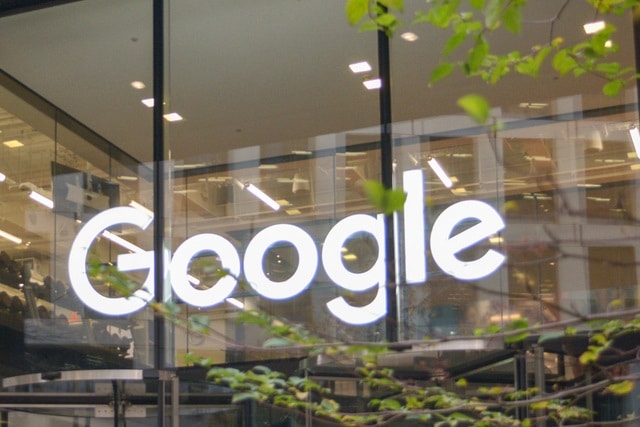
Google open sources its differential privacy framework
Google has today announced the launch of an open-source version of the differential privacy framework that powers many of the company’s data analysis systems.
Differentially-private data analysis is an approach that enables organizations to learn from the majority of their data while simultaneously ensuring that those results don't allow any individual's data to be distinguished or re-identified.

Consumers prefer bots to humans
Consumers increasingly prefer to interact with bots rather than humans, especially when it comes to researching products, learning about new services or making customer service queries.
A new study from the Capgemini Research Institute finds almost 70 percent saying they will progressively replace visits to a store or bank with their voice assistant within three years’ time.

SMBs focused on improving IT security
Improving security remains the top priority for mid-sized businesses, but they need to be more proactive in their approach to managing IT according to a new report.
The 2019 State of IT Operations for Small and Midsize Businesses report from infrastructure management specialist Kaseya shows 32 percent of respondents experienced a security breach in the past five years, down slightly from 35 percent in 2018 with at least 10 percent of respondents reporting that they were hit by a breach in the past year.
